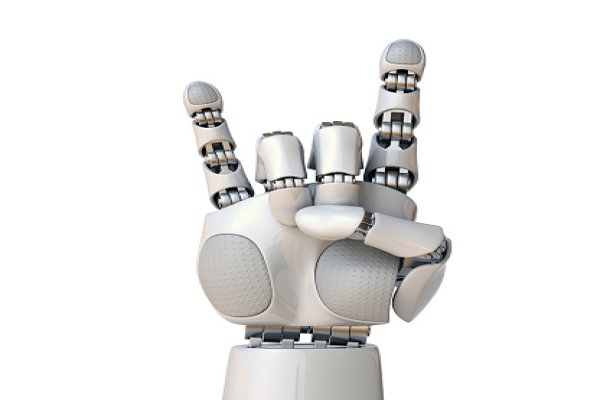Technology development has made incredible advances recently, especially in artificial intelligence (AI). AI is being used in a variety of applications both in industry and in research. One domain where AI has great potential for application is the field of mental health research – something highlighted by a new World Health Organisation (WHO)-a sponsored study published recently.
So let’s dive right in and discover why researchers are so excited about evolving technologies such as machine learning algorithms when it comes to matters concerning our psychological well-being.
How AI Can Help Improve Mental Health Services
In 2021, an estimated 150 million individuals across the WHO European Region were diagnosed with a mental health condition. The ongoing COVID-19 pandemic has caused further mental health deterioration in this region in the past few years.
Inability to access services, stress, financial problems, conflict, and violence have demonstrated the fragility of mental health.
AI is being viewed as a pioneering force in medicine and health care. It has been utilized to create new approaches to managing mental health issues, from identifying conditions in individuals and communities to creating plans for providing adequate services.
AI-driven tools can take advantage of data digitized in healthcare, such as electronic health records, medical images, and handwritten clinical notes. Through automation, these tools can assist clinicians while providing greater insight into the root causes of complex diseases.
The launch of WHO/Europe’s “Regional digital health action plan for the WHO European Region 2023–2030” in September 2022 acknowledges the need to innovate in predictive analytics for improved health outcomes through big data and artificial intelligence.
Dr. David Novillo-Ortiz, Regional Adviser on Data and Digital Health at WHO/Europe and co-author of the study, express his thoughts.
Dr. David Novillo-Ortiz says:
“Given the increasing use of AI in health care, it is relevant to assess the current status of the application of AI for mental health research to inform about trends, gaps, opportunities and challenges,”
Challenges
Experts from the Polytechnic University of Valencia, Spain, and WHO/Europe conducted a systematic review to assess methodological and quality issues related to using Artificial Intelligence in mental health research between 2016 and 2021.
Dr Ledia Lazeri says:
“We found that AI application use in mental health research is unbalanced and is mostly used to study depressive disorders, schizophrenia and other psychotic disorders. This indicates a significant gap in our understanding of how they can be used to study other mental health conditions,”
Policy-makers could benefit from the potential of AI to provide them with an understanding of more effective methods for health promotion and the existing condition of mental illnesses.
AI utilization can involve intricate use of statistics, mathematical techniques, and data with multiple variables, which could result in prejudice, incorrect understanding of outcomes, and excessive enthusiasm for AI performance if not managed suitably.
The research highlighted substantial issues in AI applications’ approach to analyzing statistics, with sporadic data verification and a lack of assessment of the potential for biased results.
Furthermore, worries are caused by other aspects, such as the opacity of AI model reporting, which impedes reproducibility. The study revealed that data and models usually remain confidential, and a lack of collaboration among researchers persists.
Dr. Novillo-Ortiz continues to say:
“The lack of transparency and methodological flaws are concerning, as they delay AI’s safe, practical implementation. Also, data engineering for AI models seems to be overlooked or misunderstood, and data is often not adequately managed. These significant shortcomings may indicate overly accelerated promotion of new AI models without pausing to assess their real-world viability.”
Antonio Martinez-Millana, the co-author of the study and Assistant Professor at the Polytechnic University of Valencia, is added to the lineup.
Antonio Martinez-Millana adds to say:
“Artificial intelligence stands as a cornerstone of the upcoming digital revolution. In this study, we had a glimpse of what is to come in the next few years and will drive health-care systems to adapt their structures and procedures to advance in the provision of mental health services,”
The study concludes that artificial intelligence has great potential in mental health research, but more studies are needed to explore its effectiveness. However, using AI in mental health research is not without its challenges. One of the main challenges is the lack of data. To train an AI system, large amounts of data are required. Another challenge is bias and ethical considerations. Considering these issues when using AI in mental health research is important so that the results are accurate and ethically sound.
Source: who. int



